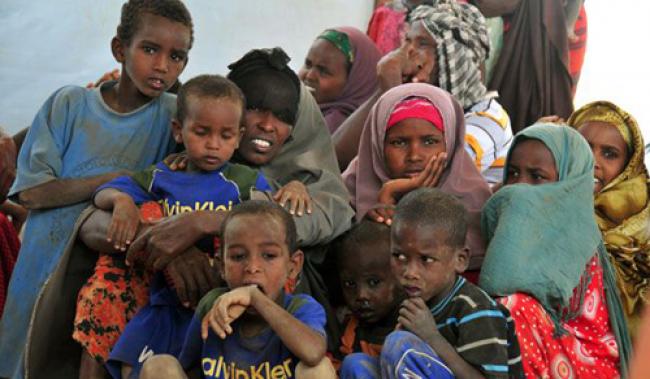01 Nov 2013

“We have done everything possible to avoid this, but it has become necessary to reduce ration sizes by 20 per cent in November and December in order to stretch our existing food stocks to last through the end of the year,” said Ronald Sibanda, Country Director in Kenya for the World FoodProgramme (WFP).
“We hope this will be a temporary measure as we appeal to donors to come to the assistance of the hundreds of thousands of refugees who rely on WFP to meet their daily food needs.”
WFP urged donors to respond to its urgent appeal “as quickly as possible,” noting that it needs about USD 10 million every month to distribute more than 10,000 metric tons of food to refugees in the two camps.
While reduced rations will allow food distributions to continue for the 535,000 camp-based refugees through the end of the year, further cuts may be necessary if no additional resources become available, as food stocks will be nearly exhausted by January.
“We believe that the international community understands the importance of continuing this vital food lifeline for the refugees in Dadaab and Kakuma,” said Raouf Mazou, the Representative of the UN High Commissioner for Refugees (UNHCR) for Kenya.
“We are concerned that a reduction in rations could have a negative impact on the health and nutrition of refugees who rely on the food assistance,” he stated.
The 20 per cent reduction in ration sizes means that refugees will not receive the World Health Organization’s (WHO) minimum recommended energy requirements of 2,100 kilocalories per day and will instead get 1,680 kilocalories.
WFP has been providing food assistance, consisting of cereals, pulses, vegetable oil and salt, to thousands of refugees from across the regionsince the camps in Dadaab and Kakuma were established more than 20 years ago.
Somali refugee children at Dadaab, Kenya, where WFP is providing emergency food aid. Photo: WFP/Rose Ogola